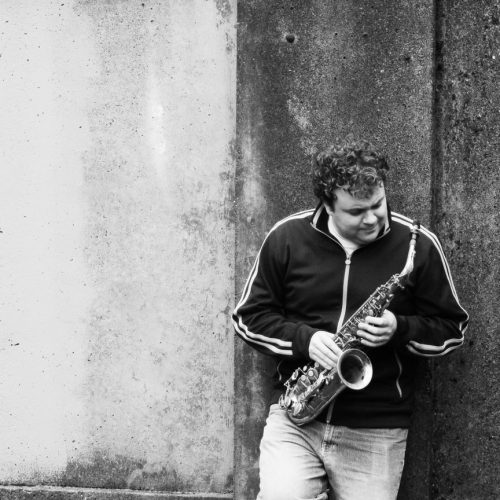
Ah, the holidays! Time for families and friends to get together and celebrate love and friendship and all those other virtues. So what’s the big family-friendly musical onstage this season about? Why, guns, of course. Hey, this is America!
Actually, when Irving Berlin’s Annie Get Your Gun, which runs at The Shedd Dec. 2-18, opened 70 years ago, Americans had had plenty of experience with gun violence — that four-year unpleasantness of history’s worst catastrophe, World War II and its associated horrors. Loosely based on the real-life Wild West vaudeville show sharpshooters Annie Oakley and Frank Butler, the songs’ military metaphors — e.g., “You Can’t Get a Man With a Gun” and “My Defenses Are Down” — really reflect the age-old battle of the sexes.
The title character’s self-directed brassiness, reflected in songs like “Anything You Can Do (I Can Do Better),” must have resonated with all the Rosie the Riveters who took over so much homefront business while the men fought abroad — as must have Annie’s ultimate decision to defer to the fragile male ego and pretend to be less competent than she really is. If she hadn’t, next thing you know, we’d have a woman running for president.
But you don’t go to an Irving Berlin show for the politics, particularly not this one’s unfortunate Native American stereotypes, historical accuracy or even the story. You go for the glorious music, and the much-revived, twice-filmed show (which originally starred Ethel Merman) sports some of Berlin’s bubbliest songs, like “There’s No Business Like Show Business,” which is what the story’s really about. Shedd veteran Robert Ashens leads the band, Ron Daum directs, Caitlin Christopher choreographs and Shirley Andress leads a cast of Shedd regulars.
Andress normally stars in the Eugene Jazz Kings’ holiday concert at the Shedd, this year Dec. 8 and 11 (repeated at Corvallis’s LaSells Stewart Center on Dec. 13 and Florence Events Center Dec. 13), but as she’s otherwise engulfed, Jesse Cloninger leads the band in music by Berlin (including his immortal “White Christmas,” of course), Frank Loesser, Schubert and other jazzy holiday faves, as well as a few relative rarities.
For more traditional holiday music, head over to the Hult Center Sunday, Dec. 4, when the Eugene Concert Choir, Renaissance-robed singers from Eugene Vocal Arts and a brass ensemble perform Renaissance carols and motets, a medley of carols from around the globe and contemporary works like Daniel Pinkham’s popular Christmas Cantata, choral rock star Eric Whitacre’s Light & Gold and some merry mayoral musicology. Sing-along opportunities abound, and the music starts out in the lobby with the Springfield High School Concert Choir.
More brass resounds that same Sunday evening when Eugene Symphonic Band and Oregon Brass Society join forces to play music by Malcolm Arnold, Mark Camphouse and holiday music in a donation-only concert at First Baptist Church, 3355 Fox Meadow. If you’re craving more than carols, on Monday, Chamber Music Amici goes Baroque at Springfield’s Wildish Community Theater in an excellent and unusual program of music by J.S. Bach, his youngest son Johann Christian Bach, Handel, Biber, Loeillet and Élisabeth Jacquet de la Guerre.
J.C. Bach was a big influence on Mozart, and the Eugene Symphony plays a live soundtrack to the not-quite historically accurate 1984 biopic Amadeus Dec. 11 at the Hult, with the movie projected on a big screen above the stage. Before that, the orchestra opens its Dec. 8 concert with the overture from Mozart’s opera The Magic Flute and then plays the popular violin concerto by another child prodigy named Wolfgang — Erich Wolfgang Korngold, who became best known in this country after he moved to L.A. and scored some of Golden Age Hollywood’s biggest films.
Speaking of big Hollywood films, the concert also features the music that made Mickey Mouse a megastar, The Sorcerer’s Apprentice, which French composer Paul Dukas wrote decades before it charmed everyone in Disney’s animated classic, Fantasia. And speaking of fictional creatures, the concert’s real highlight is Petrouchka, the magnificent ballet score about a puppet in composer Igor Stravinsky’s lean 1947 revision that allows its sly melodic and rhythmic beauty to shine.